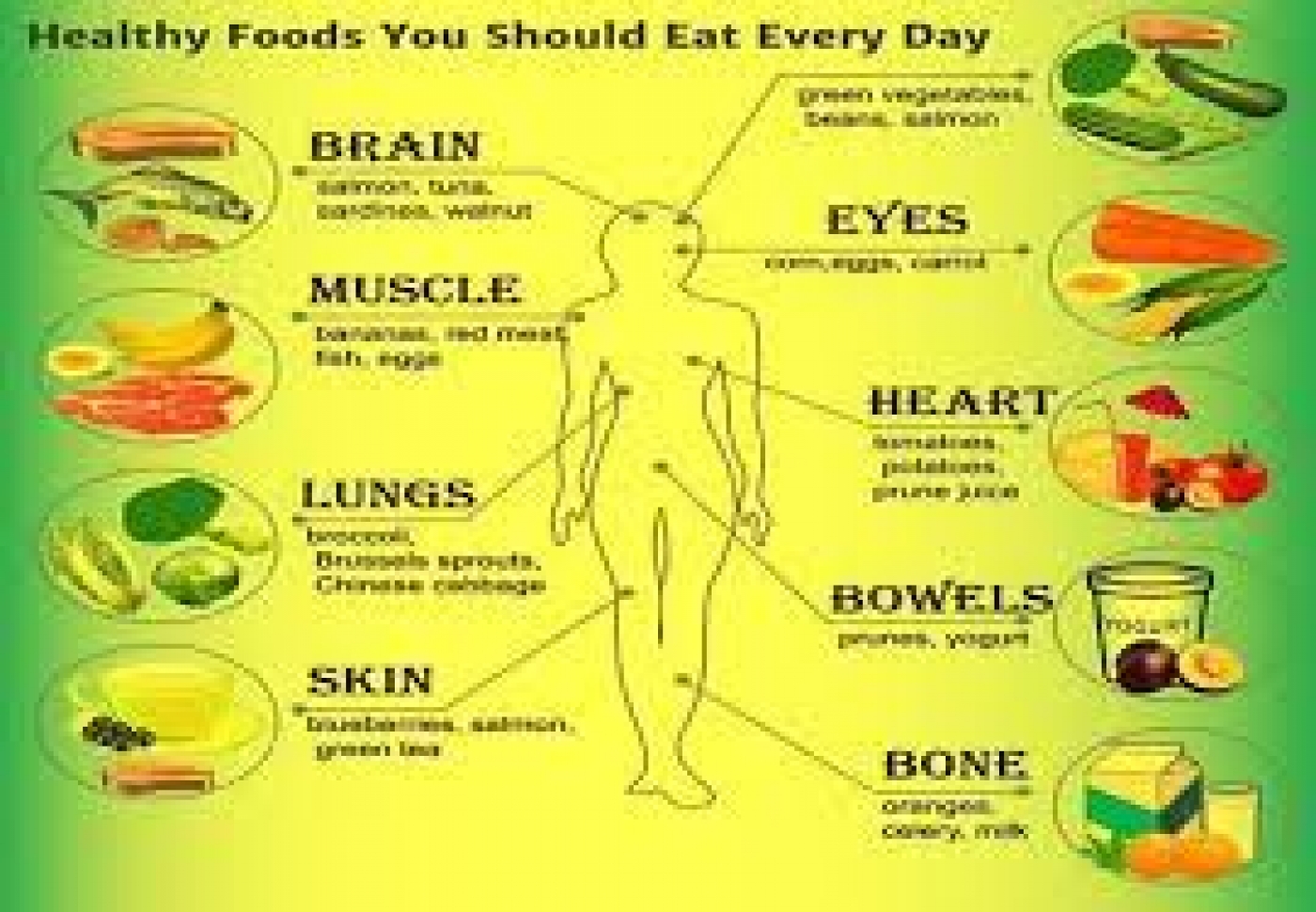“The study covered countries with a government-set minimum wage—a total of 64 countries in Europe, North and South America, Africa, Asia and Australia.
“These countries differ in the tax rate: in several countries, a person earning the minimum national wage is exempt from income tax and contributions (Hong Kong, Philippines, Nigeria), while in other countries the difference between gross and net income may be up to several dozen percent.”
Also, in its methodology, the analysts compared the monthly minimum wage for full-time work in January 2022 with wages from January 2021 while the selection of the food and amounts were calculated based on recommendations of some health ministries regarding the minimum standards of food consumption.
“For the purpose of this study, the company created a contractual list of basic food products consisting of 8 product groups: bread, milk, eggs, rice, cheese, meat, fruits and vegetables.
“The list is very limited, but in the amounts indicated, these products are sufficient to meet the minimum nutrient requirements of the average adult.”
“Milk (10 liters) – ₦11,470, Bread (10 loafs 500 g each) – ₦4,310, Rice (1.5 kg) – ₦1,470, Eggs (20 pcs.) – ₦1,120, Cheese (1 kg) – ₦1,950, Poultry and Beef (6 kg) – ₦9,790, Fruits (6 kg) – ₦4,680, Vegetables (8 kg) – ₦6,190.”
Commenting on the study, Adekeye Samuel, a Lagos-based nutritionist, stated that the minimum wage is insufficient for nutritious feeding, particularly for people living in cities.
“If you’re residing in Lagos or maybe in the city the money is not enough because of the high cost of vegetables and fruits,” he told PUNCH Healthwise.
Adekeye, however, noted that it may be different for people living in villages where these basic food products can be sourced.
“If you live in a Village, maybe live in an area where you can easily get them, I know you will not spend up to that amount,” Adekeye said.
Source: HealthWise










